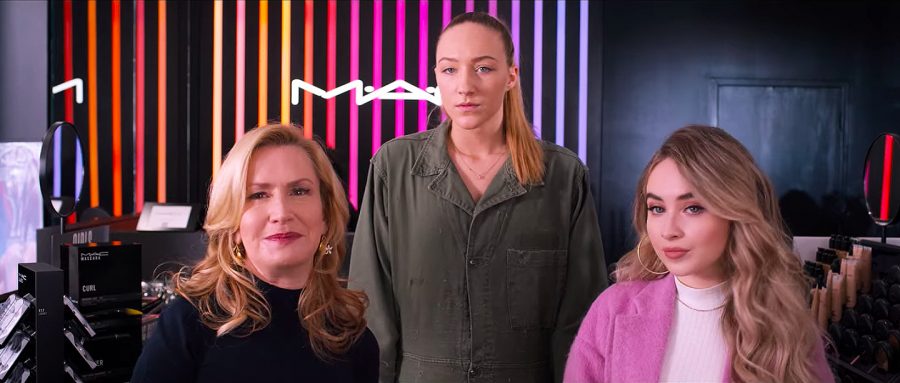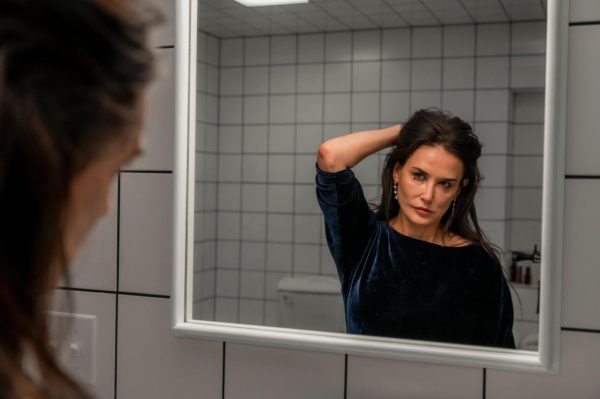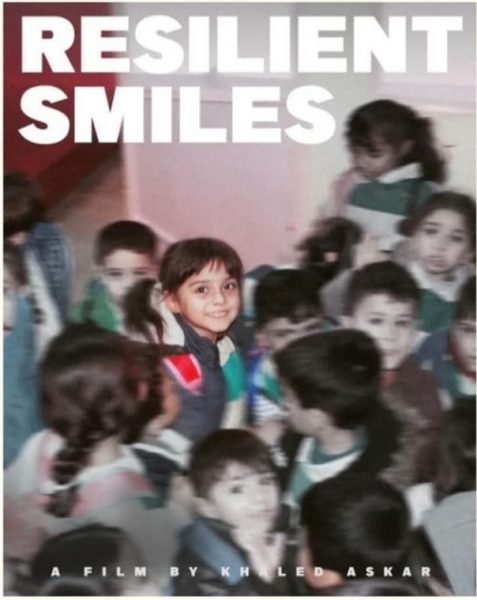“Tall Girl” Highlights Questionable Values for Young Girls
A screencap from Tall Girl, a new Netflix original movie.
First, I must clarify that I am five feet and three inches short on a good day, so I do not have personal experience with being shamed for being tall: if anything, the opposite is true. Though I am critical of this film, I am in no way denying that high school is brutal and that bullying is a rampant problem with serious and lasting consequences. Additionally, the lead actor Ava Michelle has actually been at the receiving end of public bullying for being too tall, well documented in her stint on the popular show Dance Moms, making her an apt choice for this role.
That being said, Tall Girl is a cringy teen movie that reeks of “white people problems.” The film centers around 16-year-old Jodi Kreyman, played by Michelle, who is bullied in high school for being taller than everyone else at six feet and one and a half inches — only slightly taller than the average Victoria’s Secret model. The arrival of Stig, a hunky Swedish exchange student played by Luke Eisner and even taller than Jodi, shifts her entire focus to winning his love.
Throughout the film, Kreyman is preoccupied with earning Stig’s romantic validation. For a film desperately trying to stand on a valid platform of spreading body positivity, accepting diversity, and transcending prescribed gender roles, it disappointingly plays into a widely denounced stereotype: that women only care about men accepting how they look. This message is further driven home by the “traditionally” beautiful — if we accept the unconvincing notion that Jodi is not also traditionally beautiful — Harper Kreyman, Jodi’s beauty pageant-winning older sister, played by Sabrina Carpenter. Though there are clumsy attempts to break stereotypes — Jodi wears a suit rather than a dress to prom for example, and considers dating a short guy — Tall Girl is clichéd and unable to cash the check of gender and body nonconformity it aims to write.
It is therefore surprising that a woman of color, the very talented Nzingha Stewart, would direct such a one-dimensional film. She is known for directing several episodes of blockbuster shows such as Scandal and How to Get Away with Murder. These projects explore issues of greater consequence than above-average height — racism, classism, sexism, and the U.S. prison system — and also highlight strong women of color. Stewart’s decision to work on Tall Girl is puzzling. While there does seem to be representation of people of color in the film, they all fill the roles of extras, or, at best, supporting characters. This choice, in all honesty, seems to be a desperate attempt to compensate for the rich, white, cisgendered, hetrosexual protagonist and both of her rich, white, cisgendered, hetrosexual love interests.
The film’s saving grace, however, is Jodi’s Black, confident, and carefree best friend Fareeda, played by Anjelika Washington. Fareeda is not only a supportive friend, but also one of the only blessed voices of self-awareness in the film. She exhibits this in lines such as, “Sometimes, I wonder what it’d be like to go to lunch with my friends and have them ask me about my problems.”
Stewart defended her film in an interview with Black Girl Nerds, saying, “I think if something doesn’t offend you outright — it’s not something that is coming after you or someone you love — then let it live. A movie doesn’t have to be about you or for you to be of artistic value in the world.” In the same interview, she mentions how most people share the experience of feeling insecure, particularly as teenagers, and how seeing this film would resonate with audiences. All I will say to that is the film currently has a 5.5/10 on IMDb and a 33% on Rotten Tomatoes. Furthermore, in a New York Times review of the film, Elisabeth Vincentelli writes, “America’s mood has changed, and many viewers might not feel much empathy for the small-minded grievances of wealthy teens who drive to school in S.U.V.s.” I agree.
Lines like, “You think your life is hard? I’m a high school junior wearing size 13 Nikes. Men’s size 13 Nikes. Beat that,” gloss over the rampant social and economic privileges the film’s protagonist has that, in my opinion, have had more than their fair share of screen time in history. Throwaway, crowd-pleasing lines about immigration or standing tall in the face of adversity are not enough to justify spotlighting privilege. In the list of underrepresented groups and oppressed communities that haven’t had the opportunity to be seen, let alone rightfully heard, on screens for decades, this niche issue does not make my top ten. Even if it’s under two hours long.




